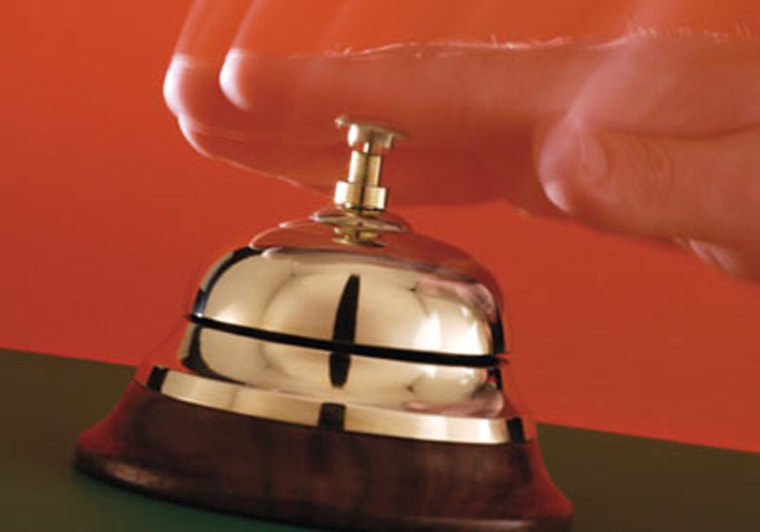Back in 2004, Jay Tramonte and Joseph Bowman were minding $3 billion in assets for J.P. Morgan's wealth management group in Atlanta when they decided they were tired of helping rich people get richer. “We were working with people who owned their own companies,” says Tramonte, 28. “We heard success stories all the time. And we thought, 'There’s no reason we shouldn’t be on the other side of the phone call!' "
So the entrepreneurial pair launched Excelsior Imports, which now peddles its flagship brand--a premium cachaça, or sugar cane-based Brazilian rum, called Agua Luca--in 11 major US markets. Tramonte and Bowman log roughly 220 days a year on the road hawking the stuff. Including an occasional research trip to Brazil, their combined travel tab runs about $5,000 a month.
To keep spending in check, Tramonte learned not to trust online travel sites, like Expedia.com, Hotels.com or Site59.com. "Call the hotel directly," he says. "Seventy percent of the time if you call and ask what the rate is, it's better than the Expedia rate."
Not to mention that dealing with the hotel directly helps you avoid the booking fee (some 10% to 20% of the room rate) that some Web sites charge. Tramonte's other trick: “If I’m traveling at the last minute and everything’s booked up, I stay with friends,” he says. “Of course, I give them a bottle of Agua Luca as a thank you gift. Everyone is appreciative of that."
Want to shave travel expenses at your small business? Read on for the second installment of our Forbes.com four-part series: Small-Business Travel Guide. In the first installation we shared the secrets of "getting there" on the cheap. This time, we'll tell you how to "stay there" for a little as possible, while still meeting your business needs. The last two articles will offer saving strategies for on-the-road dining and entertainment. And don't forget: These ideas work as well for the entrepreneurial traveler as they do for the traveling entrepreneur.
One tactic still popular with crafty entrepreneurs is using travel Web site Priceline.com. The former Wall Street darling made its name in airline tickets back in the late '90s, but it also offers great deals on hotel rooms.
“Priceline is fantastic for hotels,” says Alex Rampell, founder of the San Jose, Calif.-based Rampell Software, a consumer software and online marketing firm. “I routinely stay in four-star hotels for less than $100 per night, and I've gone as low as $50.”
Priceline allows visitors to choose hotels based on room rate, quality rating and approximate location, without revealing the brand or specific location of the hotel. This strategy may not help you build loyalty points at a particular chain, but for impressing investors with a fancy lobby, it’s a good option.
Another trick is to take advantage of preset per-diem rates for government employees and their contractors, as well as members of the military.
“The government may say in Parsippany, N.Y., for example, that the maximum reimbursable rate is $140 per night," says Sean Hennessey, president of Lodging Investment Advisors, a New York-based hotel consultancy. "Hotels there may have rack rates of $200, but if they’re not full, they will take customers at the government rate. I’ve known it to be the case that if you’re doing business with a contractor or the government itself, you can argue that the rate applies."
Look, too, for hotel deals masquerading as transportation plays. For example, buying package travel deals online and then discarding certain elements, like the rental car, can still be cheaper than buying a hotel room independently. Signing up for AAA costs $45 annually but gets you 10% off at hotel chains like Hilton.
If you have a flair for language (or are just shamelessly in pursuit of a good deal), post your own travel blog. Hotels may be willing to offer deep discounts in exchange for the press.
Have other tried-and-tested travel strategies? Please write and let us know.
